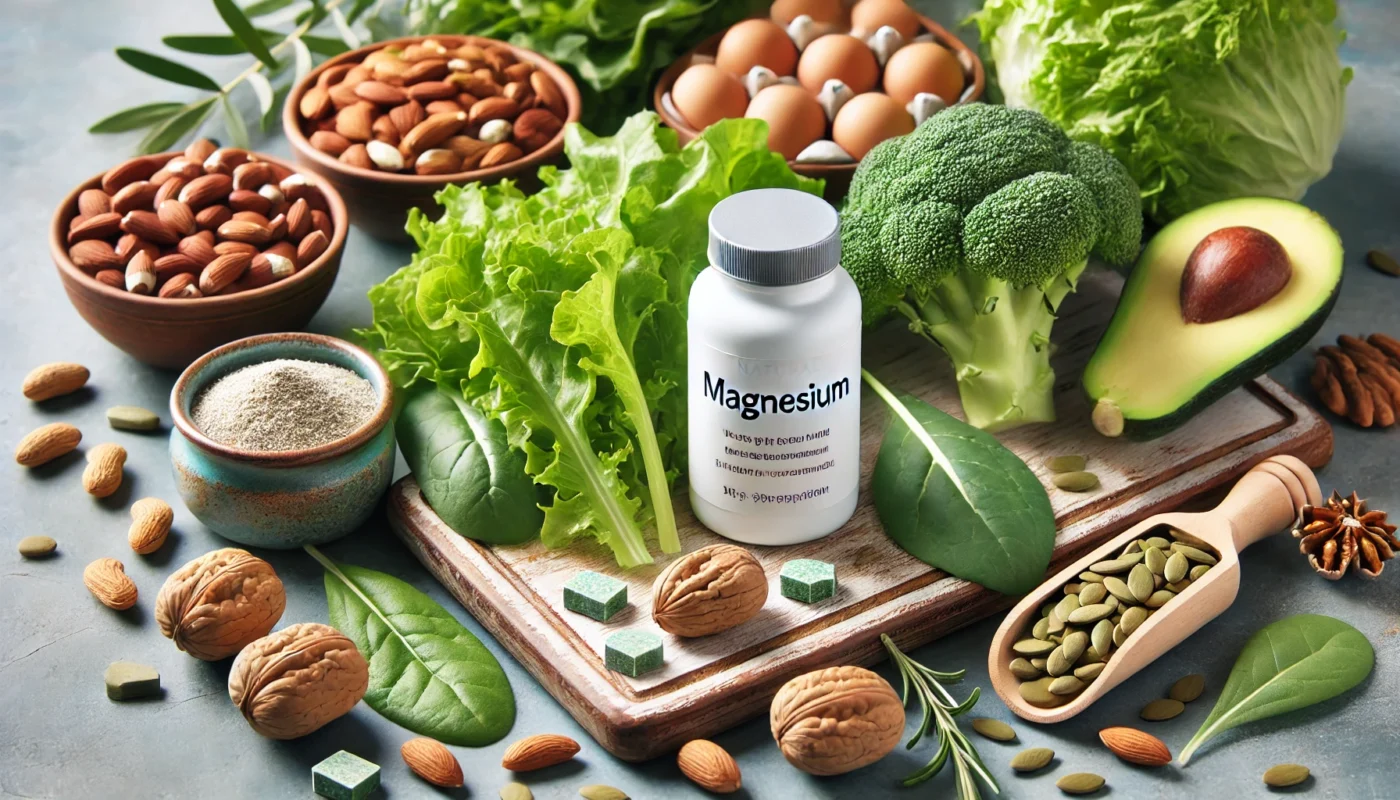When it comes to breakfast staples, turkey bacon often appears as a healthier alternative to traditional pork bacon. However, as health-conscious individuals scrutinize their dietary choices, the question arises: Is turkey bacon inflammatory? In this comprehensive analysis, we delve into the nuances of turkey bacon and its potential inflammatory effects, providing expert insights for fitness enthusiasts, health enthusiasts, and those managing medical conditions.
Tag Archives: health tips
Coffee, a beloved beverage worldwide, is often at the center of health debates. Its potential effects on inflammation, in particular, have been a topic of interest.
Inflammation is a natural response of the body. It can be beneficial in fighting off infections or healing injuries. However, when it becomes chronic, it can lead to various health issues.
So, where does coffee fit into this picture? Is coffee good for inflammation, or does it exacerbate it?
This article aims to shed light on these questions. We will delve into the scientific research behind coffee’s potential anti-inflammatory properties. We will also explore the circumstances under which coffee might contribute to inflammation.
We will examine the components of coffee that may influence inflammation, such as antioxidants and caffeine. We will also discuss the role of coffee quality and preparation methods in its inflammatory properties.
Whether you’re a fitness enthusiast, a health enthusiast, or a medical patient, this article will provide you with a comprehensive understanding of coffee’s role in inflammation.
By the end, you will be equipped with the knowledge to make informed decisions about coffee consumption in relation to your health and wellness goals.
Inflammation is a natural response of our bodies. It’s a defense mechanism against injuries, infections, and foreign substances. But when inflammation becomes chronic, it can lead to serious health issues.
One factor that can fuel chronic inflammation is sugar. It’s a common ingredient in our diets, often hidden in foods we wouldn’t expect. But how exactly does sugar contribute to inflammation?
This article aims to shed light on the relationship between sugar and inflammation. We’ll delve into the science behind it, debunking myths and clarifying misconceptions. We’ll also explore the difference between natural and refined sugars, and their respective impacts on our bodies.
Understanding the role of sugar in inflammation is crucial. It can help us make informed dietary choices, manage existing health conditions, and even prevent potential health risks. But it’s not just about cutting out sugar completely.
We’ll also provide practical strategies to reduce sugar-induced inflammation. These include dietary changes, lifestyle adjustments, and tips to identify hidden sugars in your diet.
By the end of this article, you’ll have a comprehensive understanding of how sugar fuels chronic inflammation. And more importantly, you’ll be equipped with the knowledge to take control of your health.
Cancer is a complex disease that affects millions worldwide. It’s a battle that requires a multifaceted approach.
One such approach is through diet. Specifically, an anti-inflammatory diet.
But what is an anti-inflammatory diet? It’s a way of eating that aims to reduce inflammation in the body. Inflammation is a natural response to injury or illness, but when it becomes chronic, it can lead to serious health issues, including cancer.
Research suggests that certain foods can either promote or inhibit inflammation. An anti-inflammatory diet emphasizes foods that fight inflammation, such as fruits, vegetables, whole grains, and healthy fats.
Conversely, it minimizes foods that can trigger inflammation, like processed foods, sugary drinks, and red meat.
But how does this relate to cancer? Chronic inflammation can damage DNA and lead to cancer. By reducing inflammation, we may be able to lower the risk of cancer and improve overall health.
This article will delve into the benefits of an anti-inflammatory diet for cancer. It will provide practical strategies for implementing this diet into your daily life.
Whether you’re a fitness enthusiast, a health enthusiast, or a medical patient, this guide aims to help you understand and apply the principles of an anti-inflammatory diet for improved health outcomes.
Magnesium and progesterone are two key players in our body’s complex symphony of functions. Both are essential for maintaining optimal health, yet their intricate relationship is often overlooked.
Magnesium, a vital mineral, is involved in over 300 enzymatic reactions in the body. It plays a crucial role in everything from energy production to muscle relaxation. On the other hand, progesterone, a hormone, is pivotal in the menstrual cycle and pregnancy.
The interplay between magnesium and progesterone is a fascinating area of study. It’s a dance of biochemistry that impacts our overall hormonal balance. Understanding this relationship can provide valuable insights into health and wellness.
This article aims to shed light on the role of magnesium in progesterone regulation. We’ll delve into the science behind their interaction and explore practical strategies for achieving hormonal balance.





